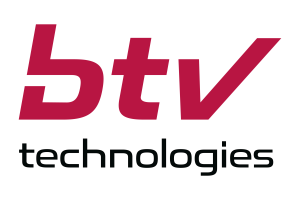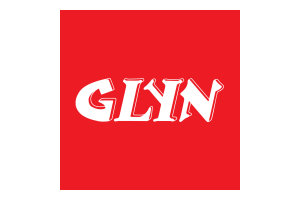Samsung, TSMC and Intel fight
Those who cannot make advanced packaging will perish
It is no longer just the process nodes, but advanced packaging that will decide the weal and woe of the leading chip manufacturers. Samsung, TSMC and Intel are fighting fiercely for supremacy.
Because it is no longer just a matter of having a handle on the latest processes for manufacturing ICs such as memory, processors, as in the past. In the age of AI, dies or chiplets manufactured in the latest front-end processes must be integrated using advanced packaging technologies - also known as heterogeneous integration - so that their combination achieves higher performance than any single chiplet alone. To give just one example: AMD's success with their server chips is due in no small part to the advanced packaging technologies used to integrate the chiplets that make up the CPUs.
How well manufacturers master these technologies will become the decisive criterion for their success and future viability in the future. For the companies that will master them, good growth prospects will open up: Market researchers at Yole Intelligence forecast that the advanced packaging market will skyrocket from $37.4 billion in 2027 to $65 billion in 2027.
TSMC is currently ahead, at least in terms of the number of patents related to advanced packaging technologies. The company has 2,946 patents, as LexisNexis has determined. TSMC would also lead in terms of the quality of the patents, according to the analysts. They determined the quality by counting how often the respective companies were cited by other companies. In second place is Samsung with 2,404 patents, followed by Intel with 1,434 patents.
The market researchers' data also shows that TSMC and Samsung have continuously invested in the development of advanced packaging technologies for 15 years. But Intel is also investing heavily in building new back-end fabs specifically designed for advanced packaging processes. At the end of 2021, Intel had announced that it would build an advanced packaging fab in Penang, Malaysia, at a cost of $7.1 billion.
TSMC had declared last year that it would build its sixth Advanced Packaging Fab in Taiwan. Currently, TSMC operates four Advanced Packaging Fabs, namely in Hsinchu Science Park (HSP), Central Taiwan Science Park (CTSP), Southern Taiwan Science Park (STSP) and Longton in northern Taiwan. This is primarily where bumping, advanced testing and 3D packaging takes place. TSMC opened Fab 6 in the Zhunan Science Park as recently as June of this year. It is the first to run fully automated advanced packaging and testing processes to integrate the previously separate front-end and back-end processes. The fab is larger than all of TSMC's other five back-end fabs combined and is designed to produce more than 1 million wafers per month. Using TSMC's "SoIC," "InFO" and "CoWoS" processes, chips are manufactured there that are used in high-performance computers in AI systems and cars, among other applications.
Samsung had launched an Advanced Packaging Unit (AVP) at the end of 2022. The AVP team is dedicated to developing advanced packaging technologies. "This team will create products that currently don't even exist," said Vice President Kang Moon-soo, the head of the AVP business team.
Samsung has apparently now scored one success for itself, according to Business Korea, which writes that Samsung will now not only produce its own third-generation high bandwidth memories (HBM3) for Nvidia, but also integrate Nvidia's GPUs with its own HBM3 memories based on advanced packaging processes. This combination forms Nvidia's high-performance "H100" GPU.
Previously, Nvidia had most of its high-performance "H100" GPUs manufactured by TSMC using advanced packaging techniques. TSMC connected Nvidia's GPUs to SK hynix's HBM3 memories. However, because of the boom in generative AI, demand has exploded to such an extent that TSMC's capacity would apparently no longer have been sufficient. Microsoft had already announced service interruptions due to the GPU shortage, which may have led Nvidia to now also turn to Samsung, which, according to Business Korea, has enough capacity to manufacture HBM3 and enough advanced packaging capacity to be able to manufacture the GPUs.
Samsung Electronics now wants to build up the strategy of being able to offer a one-stop shop for all the necessary processes, from memory ICs to foundry services and the latest advanced packaging technologies.







